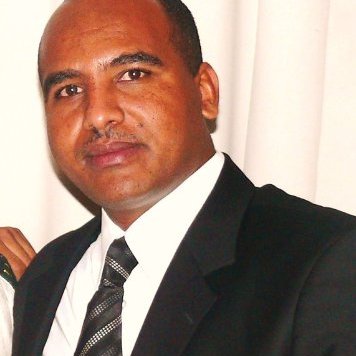THE United Nations (UN) and its organs have allocated a budget of around US$370 million to support various government programmes meant to improve Zimbabwe’s health delivery system, boost food security, and enhance education.
This follows the implementation of the 2022-26 Zimbabwe UN Sustainable Development Co-operation Framework, which began in 2022 with a goal of mobilising a total of US$2,8 billion by 2026.
Speaking to the Daily News yesterday, UN partnerships and development finance adviser Sirak Gebrehiwot said this year the UN was focusing on financing developmental projects that ensure sustainability and long-term impact on the country’s economic growth, rather than short-term gains.
“The UN development system in Zimbabwe continues its efforts to support the government by promoting universal health coverage, quality education, and improved water, sanitation, and hygiene (WASH) services.
“The initiative focuses on social assistance programmes, ending violence against women, sustainable agriculture, food and nutritional security, disaster risk reduction, environmental protection, decent work and employment opportunities, industrialisation, enhanced public service delivery, strengthening institutional capacities, encouraging public participation in decision making, ensuring compliance with international human rights standards, and fostering peace and social cohesion.
“The estimated budget of the UN Zimbabwe Cooperation Framework for 2025 is US$ 370,7 million this is an estimate which includes a component of available and to be mobilised during the year. We want to ensure support of a number of key projects such as universal health coverage such as access to HIV treatment, Tuberculosis and Malaria,” Gebrehiwot said.
He noted that in 2024, 51 percent of the US$317,8 million spent by the UN system was allocated through 10 Joint Programmes, such as the Health Resilience Fund and the Global Partnership for Education.
“These initiatives often rely on global and vertical funding, highlighting the need for increased country-based pooled funding mechanisms, as many current programs are nearing completion,” he said.
“Looking ahead to 2025, the UN system in Zimbabwe plans to transition from a focus on funding to development financing, under the leadership and ownership of the government of Zimbabwe for its national development agenda and the 2030 Agenda for Sustainable Development.
“We aim to foster a spirit of independence and strengthen Zimbabwe’s capacity. Sustainability is at the heart of our efforts, empowering communities to thrive beyond reliance on non-governmental organisations.
Our goal is to nurture local businesses, enabling communities to take ownership of their lives and become self-sufficient. So that is the concept of development financing as opposed to funding a certain project.






